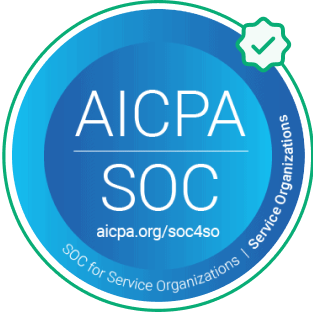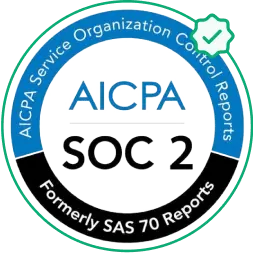What is a behavioural interview?
A behavioural interview is a one-on-one meeting between an applicant and an employer that helps assess whether or not a candidate is a good fit for the job role. This is different from a general interview because it concentrates on a candidate’s past experiences and seeks to know how they’ve handled certain situations in their life.Some interviewers believe behavioural interviews might be better at gauging a candidate’s mettle and can offer better insight into a candidate’s character and experience.Not to be confused with:
formal interview
A formal interview is a one-on-one meeting between a prospective candidate and employer to help the organization assess whether or not the candidate is a good fit.
Not to be confused with:
What kind of situations should a behavioural interview take into account?
Workplace conflictsConflicts are common teams and employees work closely. Asking about conflicts and how an employee would react to one helps hiring managers assess how applicants can resolve their differences with other people and contribute to workplace harmony.Challenging team projectsHiring managers should assess how an applicant would respond to a work environment that demands high levels of collaboration. Talking about challenging team projects is a good indicator of how well applicants can handle issues that may arise during project execution or due to any lag in collaboration.Leadership rolesBehavioural questions about leadership roles check a candidate's leadership potential. Questions about past experiences in working with subordinates and decision-making are a good way to assess what kind of a leader your candidate would make.Problem-solvingIt's important to ask about an applicant's past experience with difficult problems. These questions help hiring managers understand whether a candidate can work independently or would need support when it comes to problems that arise within teams.










